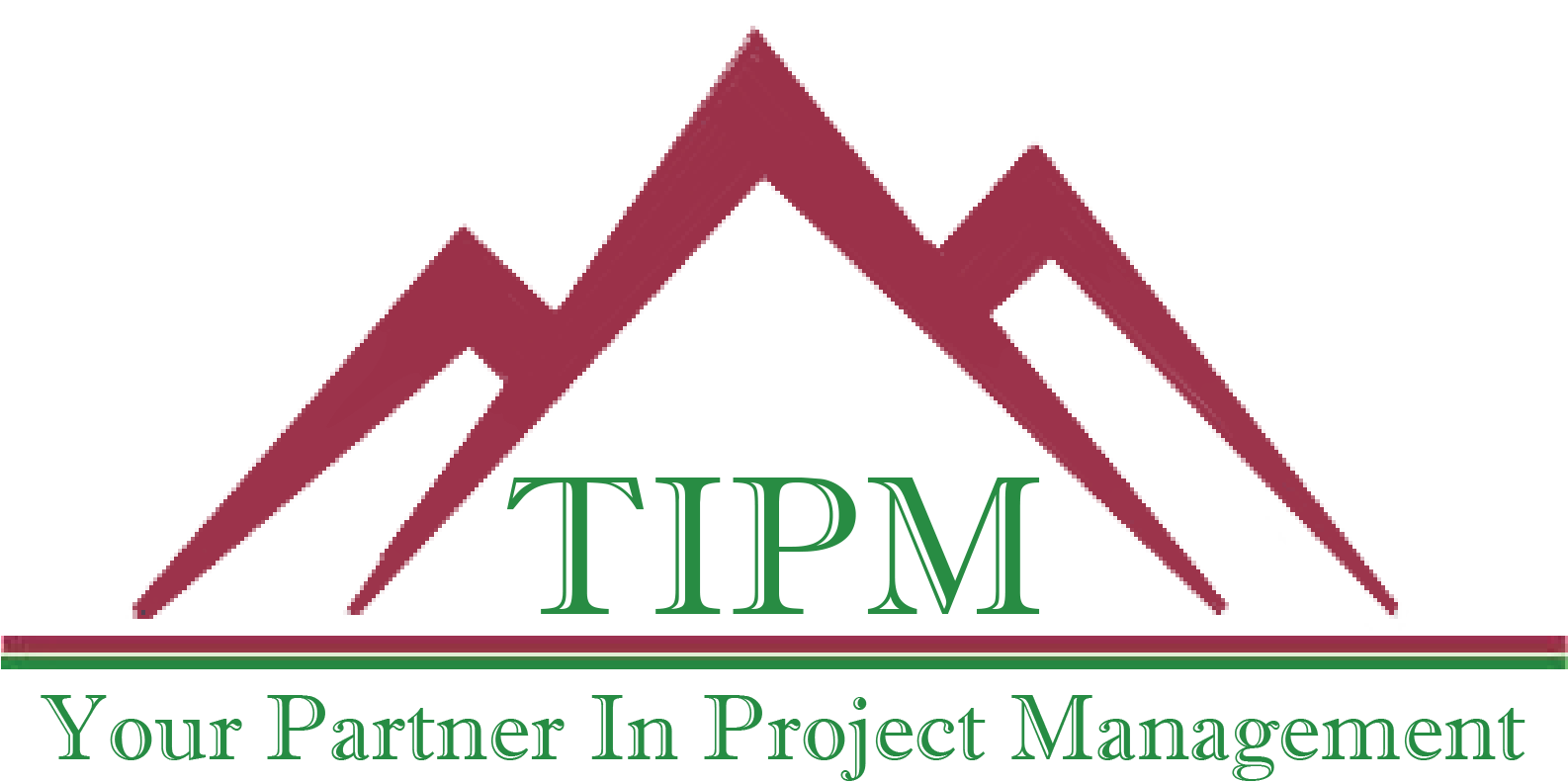Research and Development (R&D) is a differentiating factor for the Tanzania Institute of Project Management (TIPM), setting it apart as a leader in knowledge creation, innovation, and professional training. As a project management-focused institution, TIPM must continually generate new insights, methodologies, and best practices to address complex challenges across various sectors.
TIPM’s R&D initiatives are designed to achieve the following objectives:
TIPM recognizes that collaborative research is essential for maximizing impact. To achieve this, TIPM is establishing partnerships with:
The role of R&D in national development cannot be overstated. Research acts as a foundation for:
TIPM’s research initiatives focuses on evaluating:
Over the past 60 years, organizations worldwide have increasingly adopted a project-based approach to achieving strategic goals.
With Tanzania’s Vision 2050 focused on industrialization, innovation, and sustainable development, TIPM’s research-driven project management expertise will be instrumental in shaping the country’s future.
TIPM’s research agenda will prioritize the following fields:
Conclusion
Research and Development is a core pillar of TIPM’s mission to drive national development through knowledge generation, innovation, and strategic project execution. By investing in multisectoral research, collaborating with local and international partners, and focusing on high-impact research areas, TIPM will not only enhance its competitive advantage but also contribute significantly to Tanzania’s economic transformation and global positioning.
Directorate of Research and Development
IPS Building First Floor
Samora Avenue | Azikiwe Road
+255 686 200 067
andrew.mnatmbo@tipm.ac.tz
Mon – Fri 08:00A.M. – 05:00P.M.
